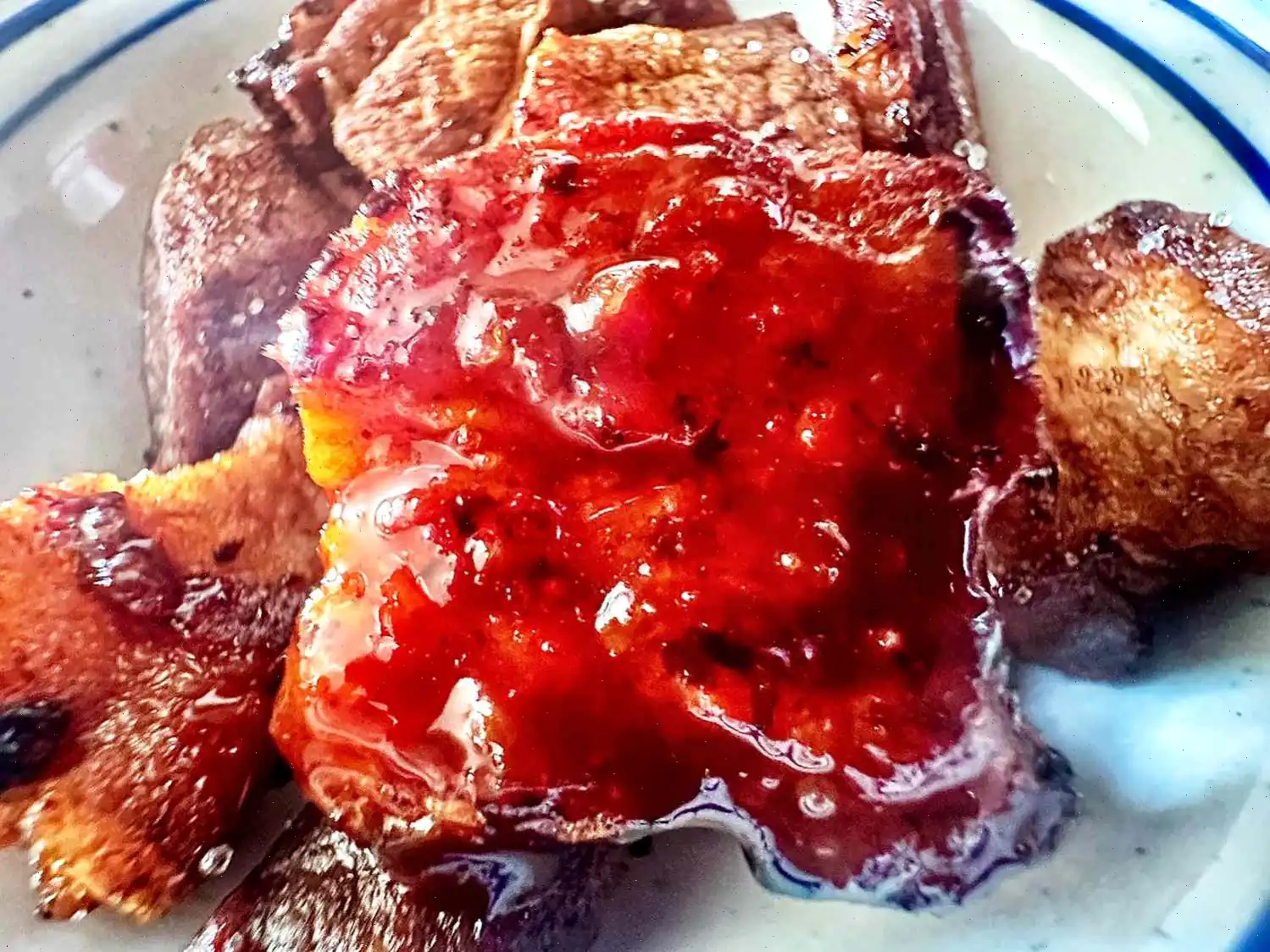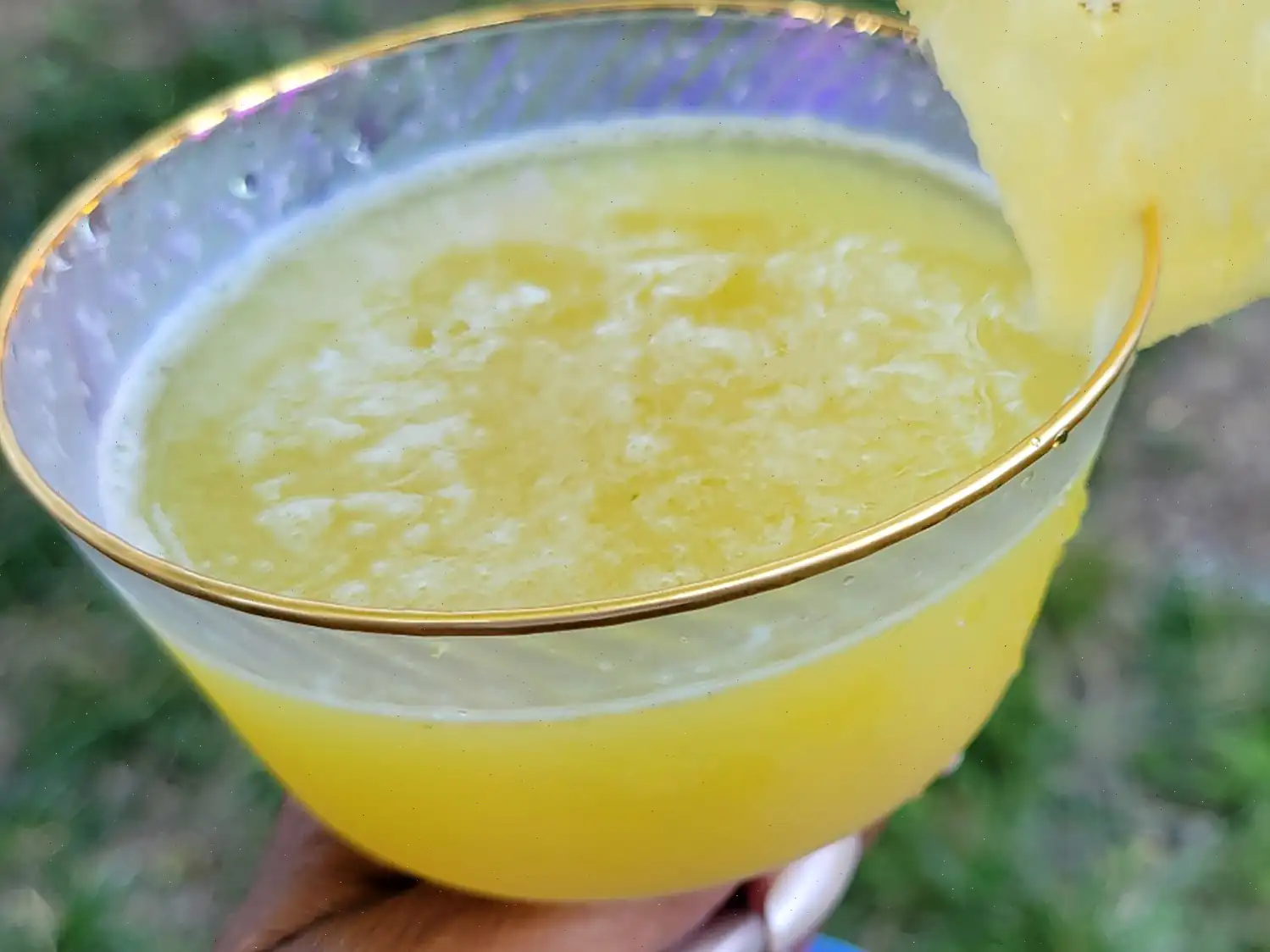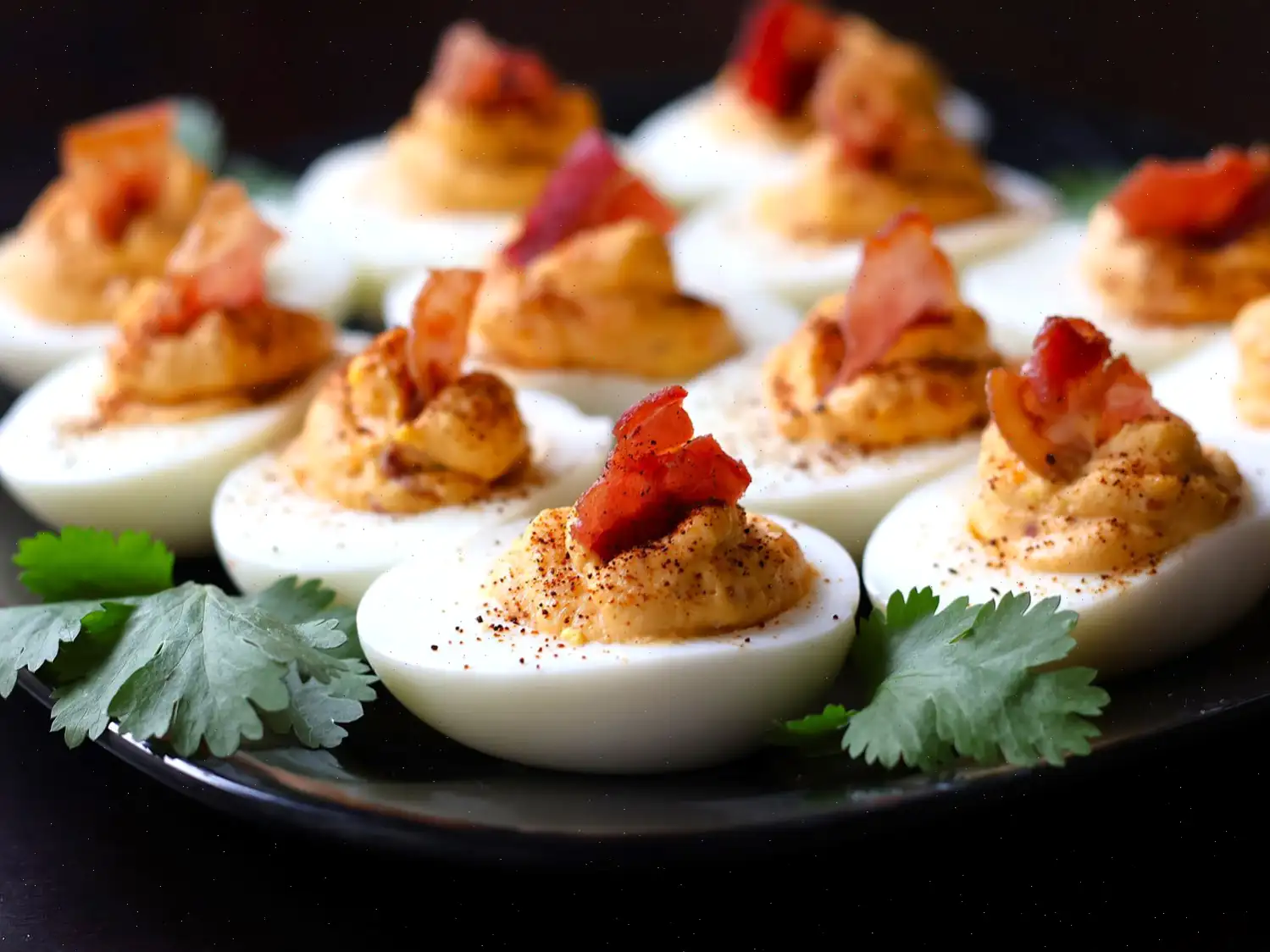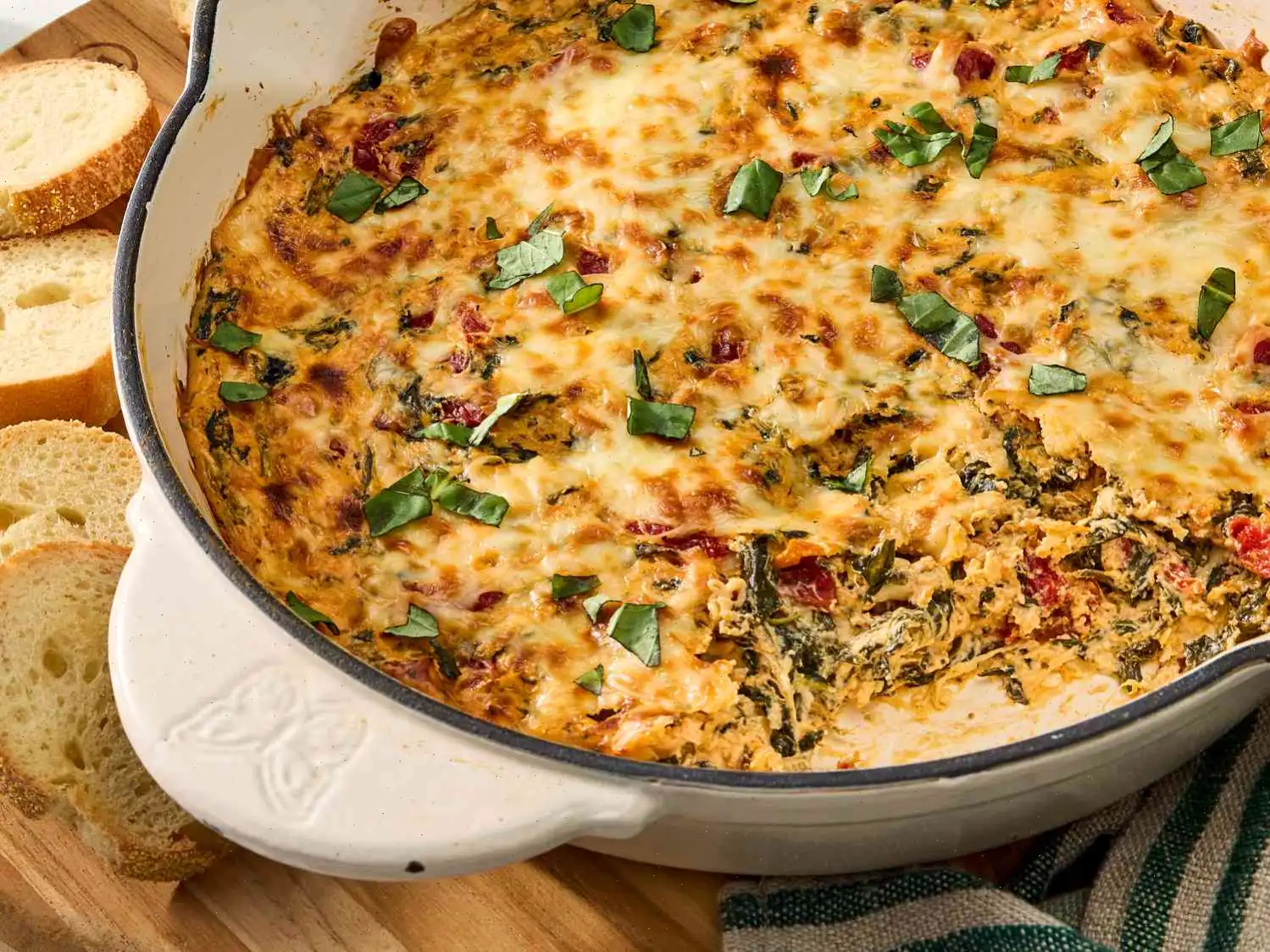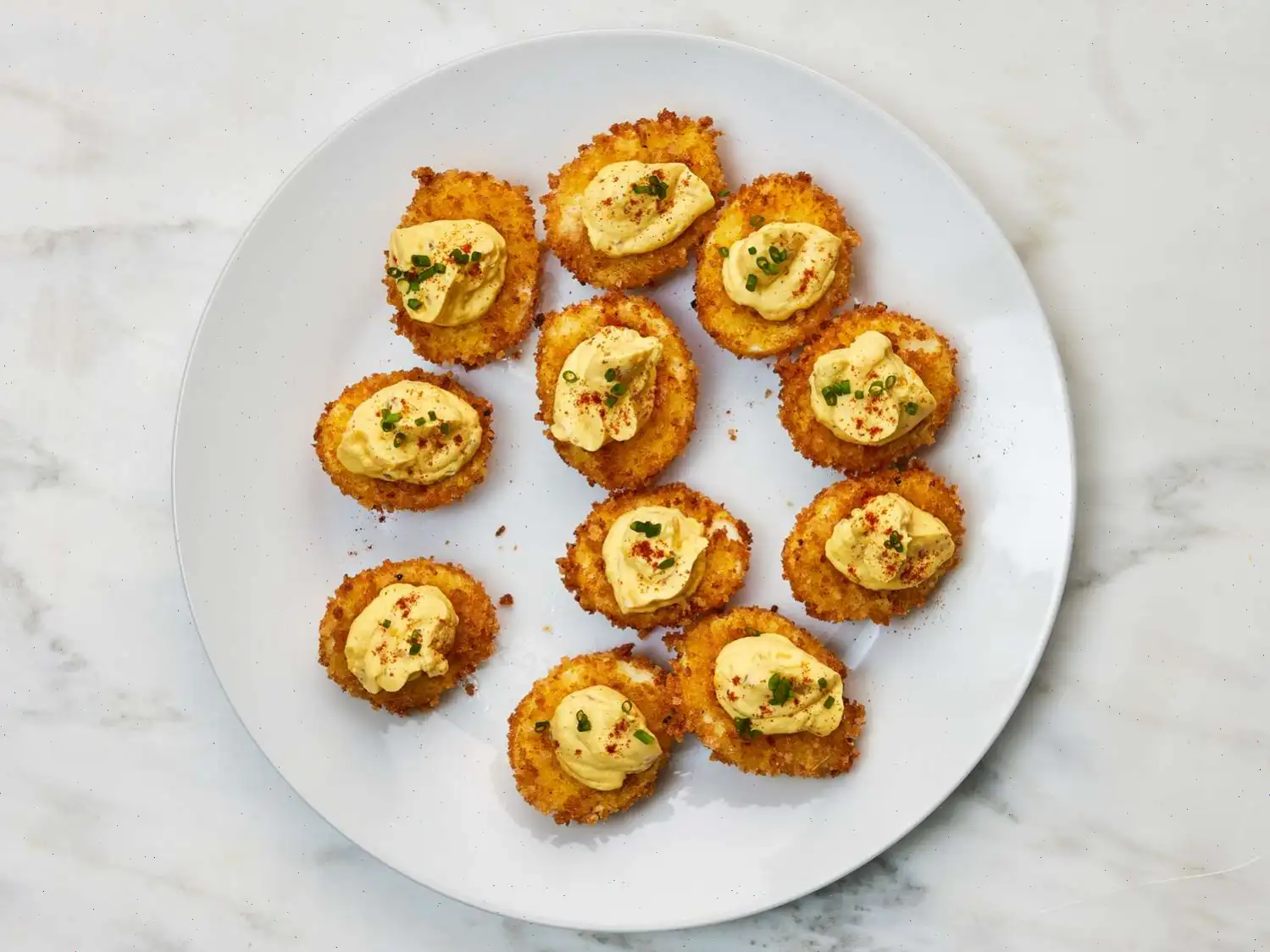
Receta de Hummus de Calabaza
El hummus de calabaza es una deliciosa variación del clásico dip de garbanzos, perfecto para reuniones en otoño o como un tentempié saludable. Hecho con calabaza asada, tahini, ajo, jugo de limón y especias, este dip cremoso está lleno de sabor y nutrientes. Sírvelo con verduras frescas, pan de pita o galletas saladas para un aperitivo o tentempié delicioso. ¡Disfruta de los sabores de la temporada con esta receta fácil y sabrosa de hummus!
Ingredientes
- 1 cucharada de aceite de oliva virgen extra, ms un poco adicional para decorar
- 2 dientes de ajo, picados finamente
- 1 cucharadita de comino molido
- 1 lata de garbanzos (aproximadamente 425 g), escurridos y enjuagados
- 3/4 taza de pur de calabaza natural
- 1/4 taza de agua
- 1/4 taza de jugo de limn recin exprimido
- 1/2 cucharadita de sal fina
- 1/8 cucharadita de pimienta de cayena
- 1/8 cucharadita de canela en polvo
- 1/8 cucharadita de pimienta negra recin molida
- 1 cebolla verde, cortada en rodajas finas para adornar
Preparacin
- Calienta el aceite de oliva en una sartn mediana a fuego medio.
- Sofre los ajos junto con el comino durante unos 30 segundos hasta que desprendan aroma.
- Traslada la mezcla de ajo y especias a un procesador de alimentos o licuadora.
- Incorpora los garbanzos, el pur de calabaza, el agua, el jugo de limn, la sal, la cayena, la canela y la pimienta negra.
- Procesa hasta obtener una pasta homognea y sedosa, sin grumos.
- Sirve en un recipiente y roca un hilo de aceite de oliva por encima.
- Decora con las rodajas de cebolla verde y acompaa con pan pita tibio o bastones de vegetales.
Informacin Nutricional (por porcin)
- Caloras: 202
- Grasas totales: 7 g (8% VD)
- Grasas saturadas: 1 g (4% VD)
- Colesterol: 0 mg (0% VD)
- Sodio: 561 mg (24% VD)
- Carbohidratos: 30 g (11% VD)
- Fibra: 9 g (30% VD)
- Azcares: 6 g
- Protenas: 8 g (17% VD)
- Vitamina C: 5 mg (6% VD)
- Calcio: 73 mg (6% VD)
- Hierro: 2 mg (13% VD)
- Potasio: 274 mg (6% VD)
Los valores diarios porcentuales se basan en una dieta de 2,000 caloras. Las necesidades individuales pueden variar.
El hummus de calabaza es una versin moderna del tradicional dip de garbanzos de Oriente Medio, conocido como hummus. Aunque el hummus clsico ha sido disfrutado durante siglos en la regin del Levante, la variante de calabaza surgi en las ltimas dcadas, cuando las tendencias culinarias globales comenzaron a incorporar ingredientes estacionales y ricos en nutrientes. Su popularidad est estrechamente vinculada a la cosecha de otoo en Amrica del Norte, donde la calabaza ha sido celebrada durante mucho tiempo en pasteles y sopas. Al mezclar pur de calabaza con los ingredientes familiares del hummus, los cocineros han creado una versin colorida y sutilmente dulce que conserva la textura cremosa y la profundidad sabrosa del plato original.
Caractersticas Regionales
El hummus tiene su origen en el Mediterrneo oriental, pero el hummus de calabaza se ha vuelto especialmente popular en Estados Unidos, sobre todo durante el otoo y las festividades. A diferencia del hummus tradicional, que suele depender nicamente de tahini, jugo de limn y ajo para dar sabor, el hummus de calabaza a menudo incorpora especias clidas como canela, nuez moscada o pimienta de cayena. Esta adaptacin regional refleja las preferencias de Amrica del Norte por las combinaciones dulces y saladas, as como los ingredientes de temporada. Algunas recetas incluso incluyen calabaza asada para aadir mayor riqueza o un toque de jarabe de arce para realzar los sabores otoales.
Cmo se Diferencia de Platos Similares
A simple vista, el hummus de calabaza puede parecerse a otras cremas vegetales, como el hummus de pimientos rojos asados o el hummus de batata. Sin embargo, el hummus de calabaza se distingue por su sutil dulzura, su consistencia cremosa y sus especias aromticas. Mientras que el hummus clsico destaca el sabor a nuez del tahini, el hummus de calabaza equilibra la dulzura con las notas clidas de la canela y un toque de cayena para un leve picante. A diferencia del relleno de pastel de calabaza o la mantequilla de calabaza, que son principalmente dulces, el hummus de calabaza mantiene un perfil salado adecuado para mojar y combinar con panes y verduras.
Dnde se Suele Servir
El hummus de calabaza se sirve comnmente como aperitivo o dip para fiestas. Es popular en reuniones otoales, cenas de Accin de Gracias y buffets festivos, a menudo acompaado de pan de pita, galletas saladas o verduras frescas. Su vibrante color naranja lo convierte en una adicin visualmente atractiva a una variedad de dips. Algunos restaurantes con mens modernos o de temporada pueden ofrecer hummus de calabaza como parte de una bandeja de mezze, destacando sus orgenes en el Medio Oriente, pero dndole un giro estacional.
Datos Interesantes
El hummus de calabaza combina dos ingredientes ricos en nutrientes: los garbanzos y la calabaza, proporcionando protena, fibra y vitaminas esenciales. Al agregar calabaza, se aumenta el contenido de beta-caroteno, lo que le da al dip un color naturalmente vibrante y un impulso nutricional. La idea de mezclar calabaza en el hummus es una innovacin culinaria reciente, que refleja la tendencia ms amplia de la cocina fusin. Algunas variantes reemplazan por completo el tahini con pur de calabaza para una textura ms ligera y cremosa, lo que atrae a aquellos que evitan las semillas de ssamo. Adems de su sabor, el hummus de calabaza se ha convertido en un elemento visual imprescindible en las fiestas de temporada debido a su color brillante y festivo.
Preguntas frecuentes sobre Receta de Hummus de Calabaza
Compartir
Comentarios
Charles Gonzalez
08/10/2024 02:12:45 AM
Hice esto para una reunión de otoño. Es único y absolutamente delicioso. Seguí la receta al pie de la letra y quedó perfecto.
Eric Torres
04/18/2025 06:52:01 PM
Preparé este platillo como aperitivo para nuestra cena de Navidad y fue un éxito rotundo. Seguí la receta tal como estaba escrita y lo serví con verduras y chips de pita. Los sabores fueron aún más deliciosos al día siguiente. Definitivamente lo volveré a hacer.
Barbara Parker
09/18/2022 02:26:27 PM
¡Me encanta este platillo! Lo preparé con calabaza orgánica, limón fresco y ajo asado. La próxima vez, definitivamente usaré un poco menos de limón y un toque más de canela. También agregué un poco más de pimiento rojo encima y omití las cebollas. No puedo esperar para ver cómo sabe mañana cuando esté frío. ¡Es una comida nutritiva y deliciosa!


